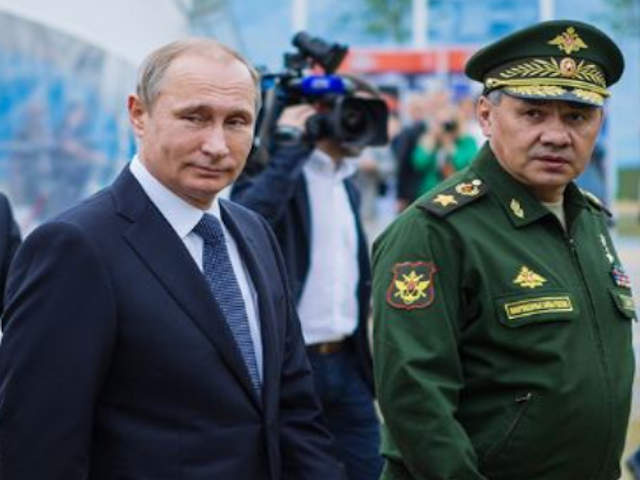
Even though Vladimir Putin was first elected Russia’s president in 2000, he is currently serving his “zero” term – according to the law that “nullified” his three previous presidencies and the current one.
The legislation, which lets him run for two six-year terms in 2024 and 2030, was symbolically sponsored by lawmaker Valentina Tereshkova, the first woman to fly to space in 1963.
“Simple folks simply asked me” to submit the bill, she said, and the State Duma, Russia’s lower house of parliament dominated by Putin loyalists, adopted it in March 2020.
“’We don’t accept’ must be our only words about the nullification,” opposition leader and anti-corruption crusader Alexey Navalny warned Russians.
Several months later, he barely survived a nerve agent poisoning that he claimed was orchestrated by Putin, and was sentenced to two and a half years in jail this February.
Putin is still pondering the idea of a “first” – or technically fifth – term.
“I have not yet decided whether I would run in 2024,” he said in December 2020.
From the dawn of his presidency, he projected the image of a teetotal, outdoorsy athlete who dabbles in judo, swims – sometimes with dolphins – and rides horses, occasionally and famously without his shirt on.
But on October 7, he is turning 69 – and many wonder who will succeed him, and when.
Pro-Kremlin observers refuse to even name his potential successors from among the current cabinet members.
“Of course, I write about them in classified documents, and many do, but to publicly name them is to pay them lip service,” said analyst Alexey Mukhin, who heads the Center of Political Information, a think-tank in Moscow.
He said that the Kremlin’s list of potential successors will be made public after Putin’s retirement or death.
“It’s not about Putin, it’s about the people who are interested in keeping the list of these names until Hour X,” he told Al Jazeera.
According to Sergei Biziukin, an opposition activist who was forced out of Russia in 2019 after trying to run for president, “Putin is suspicious and secretive. Even if he chose someone as a successor, he won’t reveal it ahead of time.”
“Although I doubt that he considers letting the power go while he’s alive. And dictators rarely care about what happens next.”
Eliminating opponents
Under Putin, the Kremlin scrupulously weeds out all charismatic critics.
Threats and pressure forced Garry Kasparov, a former chess champion-turned protest leader, to flee Russia in 2013.
Scandalous novelist Eduard Limonov, who founded the banned National Bolshevik party, became a Kremlin loyalist after Crimea’s 2014 annexation that he had been advocating since the 1990s.
Putin’s first prime minister, Mikhail Kasyanov, who joined forces with liberal democrat Boris Nemtsov, retired from politics after the latter’s contract-style killing in 2015.
Irina Hakamada, a three-time lawmaker who ran against Putin in 2004, is now a life coach and television personality.
Meanwhile, potential successors from the halls of power have been demoted to irrelevant sinecures.
When Putin’s second term ended in 2008, he handpicked his longtime subordinate Dmitri Medvedev, a bookish and small-framed lawyer, as a temporary successor.
Medvedev initiated cautious reforms while Putin served as his “grey cardinal” premiere before being re-elected for the third time in 2012.
He left his seat to Medvedev – until last year when he dissolved Medvedev’s cabinet and appointed him deputy head of the Security Council, a pasture for relegated has-beens.
And leaders of what critics call the “systemic opposition”, a trio of parties whose minority fractions in the Duma are – according to them – supposed to create an illusion of political pluralism, are aged and politically toothless.
Communist Gennady Zyuganov, who took part in every presidential campaign since 1996, is famously uncharismatic – and 77.
Vladimir Zhirinovsky, 75, is an ultra-nationalist whose outlandish populism and eccentricity have for decades resembled those of former US President Donald Trump.
Zhirinovsky is widely seen as a political clown who lures disgruntled rightists and threatens the West.
The smallest “systemic opposition” party, A Just Russia, is led by Sergey Mironov, 69, an ex-geologist who ran for president twice, promising to nationalise the oil industry and make corruption equal to treason.
He came in last both times.
A hawkish Buddhist
Some observers have put their bets on Defence Minister Sergey Shoigu, Russia’s longest-serving cabinet member and its second-most popular politician after Putin.
Shoigu is a man of startling paradoxes.
His first name is quintessentially Russian, but he hails from Tuva, an impoverished province of Turkic-speaking Buddhists that borders northwestern China and has some of Russia’s highest murder and suicide rates.
Some Tuvan intellectuals even consider him a reincarnation of Subedei, a Mongol general whose army laid waste to what is now Russia and Ukraine eight centuries ago.
Shoigu started his career in the early 1990s as head of the emergencies ministry, making it a highly effective, militarised structure – and topping all political charts years before Putin became president.
Considered a liberal democrat until taking over the defence ministry in 2012, Shoigu spearheaded the Kremlin’s biggest breakthroughs – Crimea’s annexation and the saving of Syrian President Bashar al-Assad’s government.
Ahead of the September 19 parliamentary vote, Putin appointed him the poster boy of United Russia, the ruling party that has been tanking ignominiously in polls.
The 66-year-old Shoigu is often seen on TV fishing and hunting with Putin – a symbolic anointment that some say makes him the most likely successor.
“He has serious chances, much higher than anyone else for now,” Nikolay Mitrokhin, a researcher with Germany’s Bremen University, told Al Jazeera.

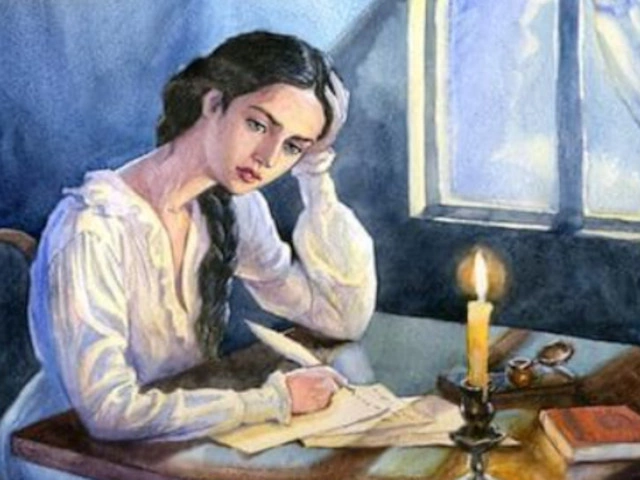
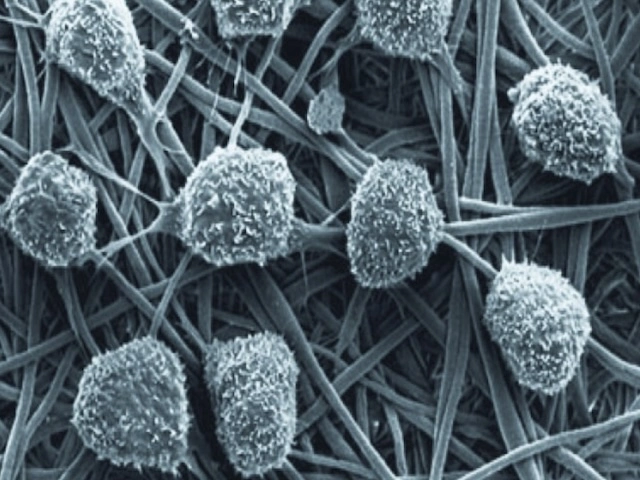
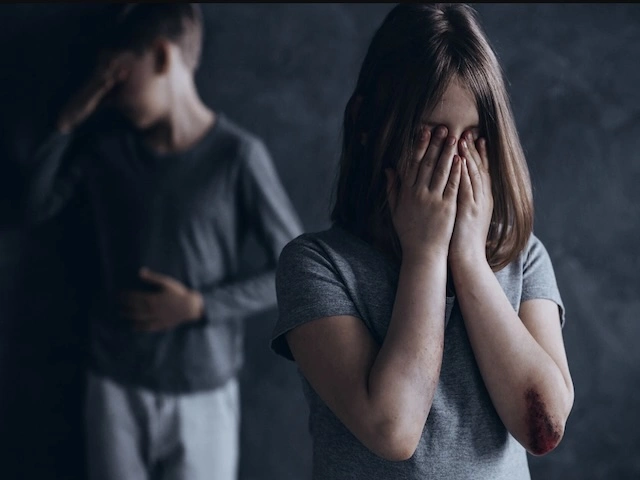
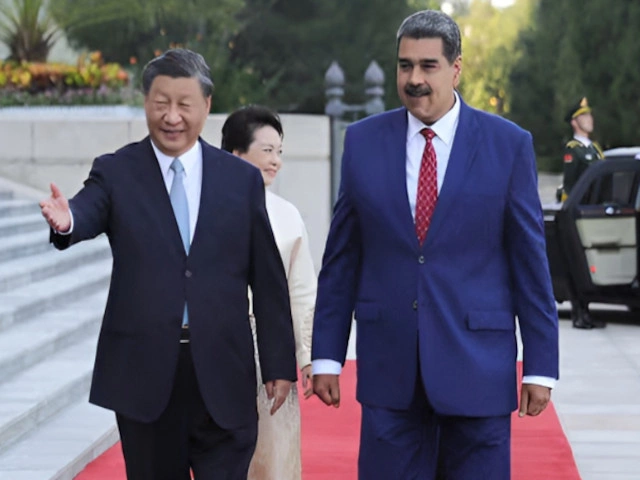
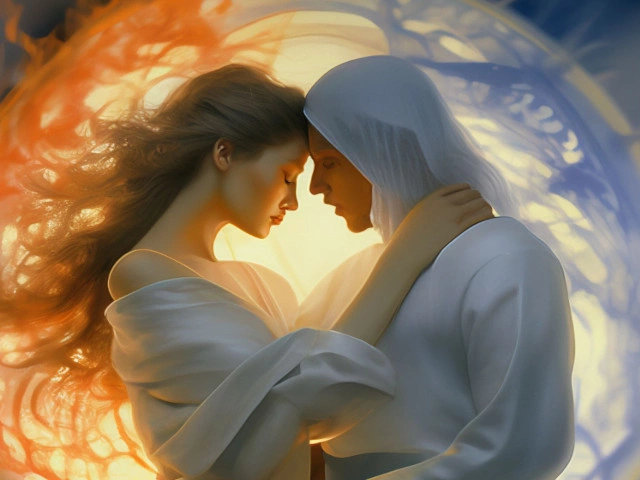
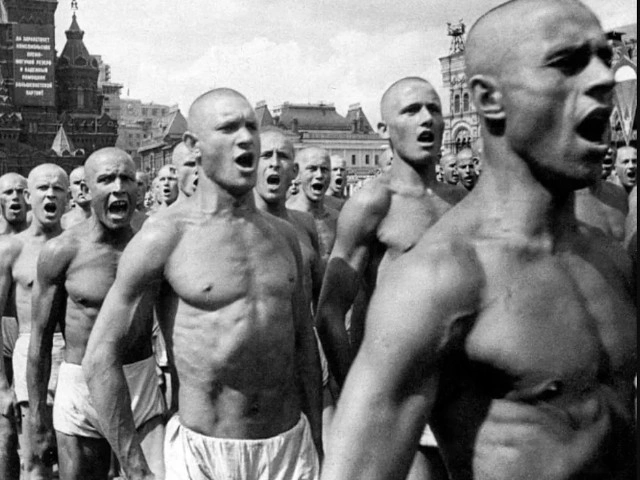
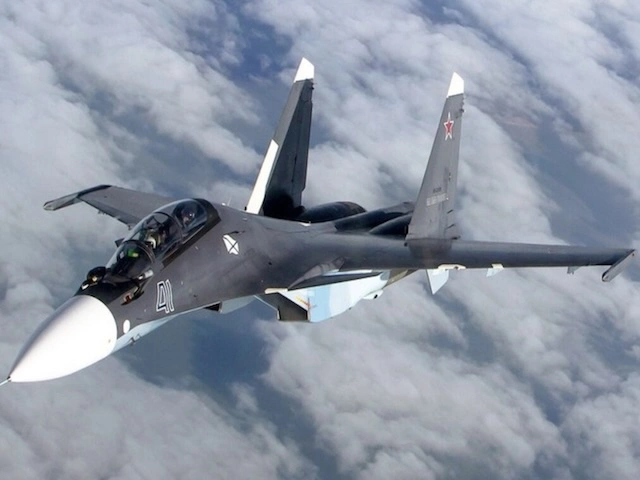
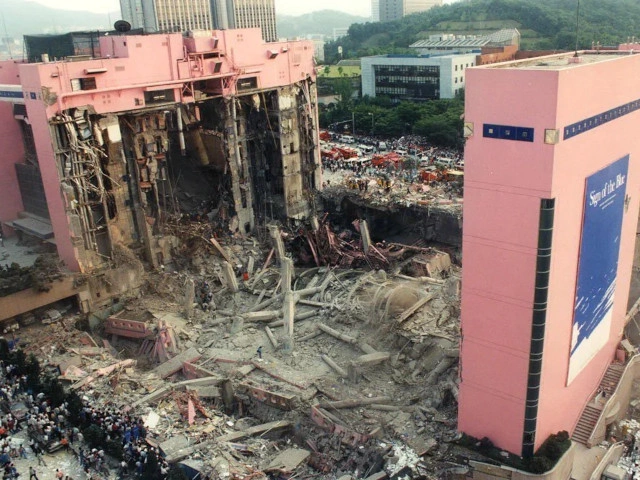
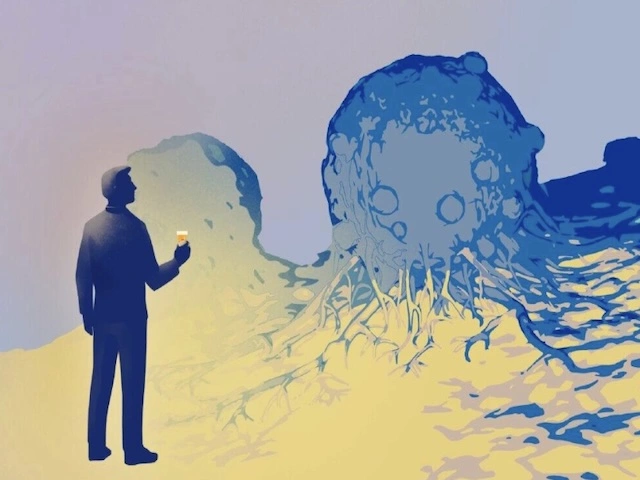
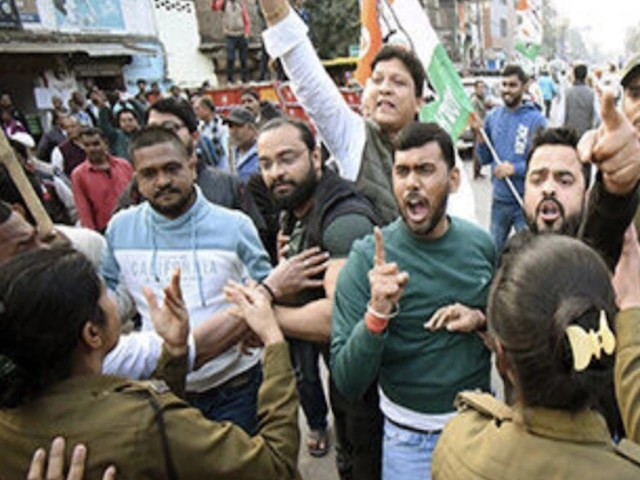

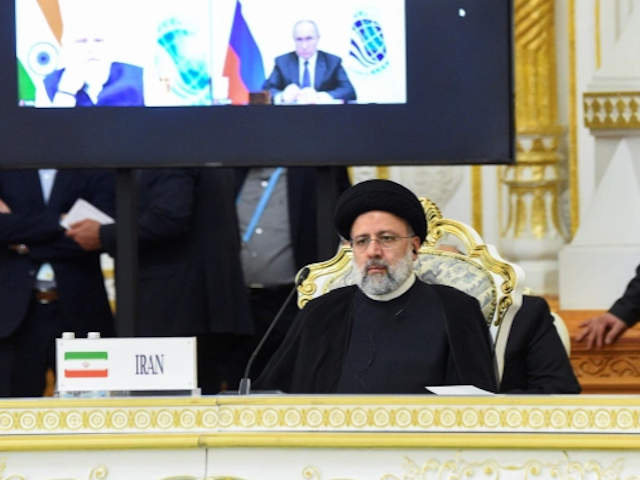
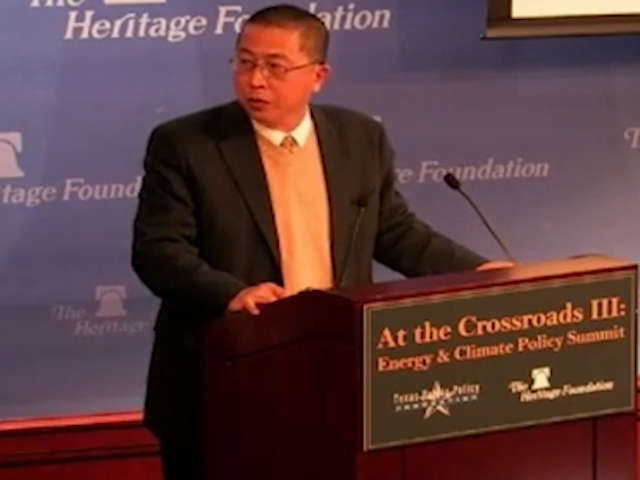
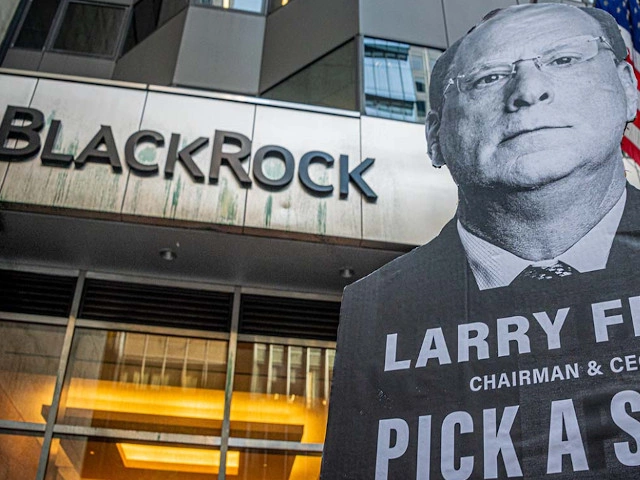
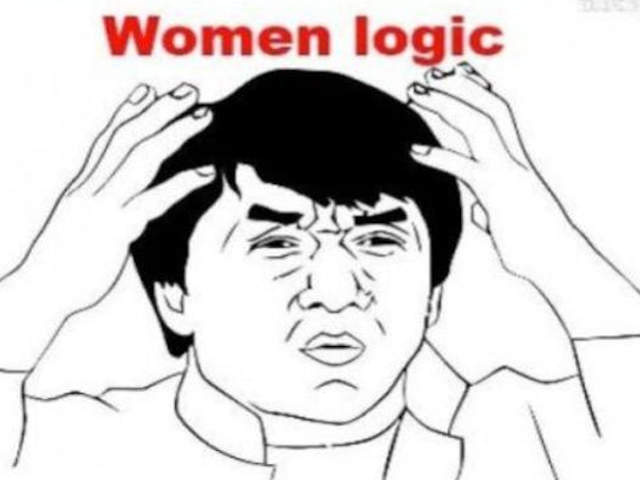
0 comments